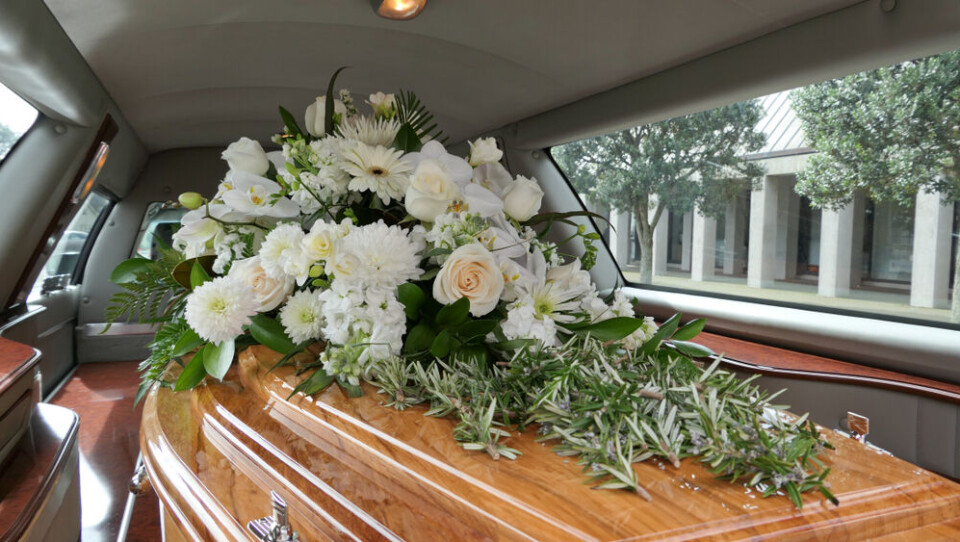-
More bank branches in France are closing
Some 3% of branches are shutting every year, reports banking union
-
French passport beats US and UK for global access
Rankings measure visa-free access to foreign countries
-
Ranking shows which cities in France are suffering the most, and least, from traffic jams
Most congested French city is not Paris
Coffin materials, abandoned plots: France changes rules on funerals
New rules on funerals include directions for profits of metals sold after cremation, and give mayors the authority to change coffins to avoid cremation delays

France has changed several key rules on funerals in a new decree published late last week, in a bid to simplify measures.
The decree was published in the Journal Officiel on August 6, and came into force from August 7, after a law passed on February 21, 2022.
It states:
Burial plots
- The time limit for a mairie to take over a cemetery burial plot that has been abandoned for more than 30 years has been reduced from three years to one year after notice of the declaration of abandonment is posted.
Cremations and coffins
- When the body of a deceased person has been placed in a coffin made of a material that does not allow for cremation, the mayor may authorise the reopening of the coffin and the transfer of the body to a suitable coffin in order to proceed without delay to cremation.
- Terms used to identify the body inside the coffin have been updated. What was called the "patronymic" name is now called the “family” name, and the "marital" name is now known as the “customary” name.
- The coffin lid must be fitted with an engraved plate indicating the year of death and, if known, the year of birth, the first name, the surname and, if applicable, the customary name of the deceased.
After cremation
- The procedure for the recovery of metals after cremation is now regulated. Funeral services must inform the families and authorities about the destination of these metals, whether they are donated or sold.
- Any proceeds from the sale of these metals must be allocated to local councils to pay for the funerals of people who would not otherwise be able to afford them, or they must be donated to a public interest association or a foundation recognised as being of public interest.
Read more:Crematoriums in France sell on IUDs and gold teeth
In 2019, consumer association 60 millions de consommateurs denounced the practice of “selling on” metals after cremation, and said the “million-euro business” was a real ethical issue.
A 2018 poll found that the majority of people (63%) in France would rather be cremated than buried, and 56% said that they would choose cremation over burial for their loved ones too.
According to funeral group l'Association Française d'Information Funéraire, by 2030, half of all deceased people in France will be cremated.
Related articles
Most French people would choose cremation over burial
Make sense of... Burial and cremation
























